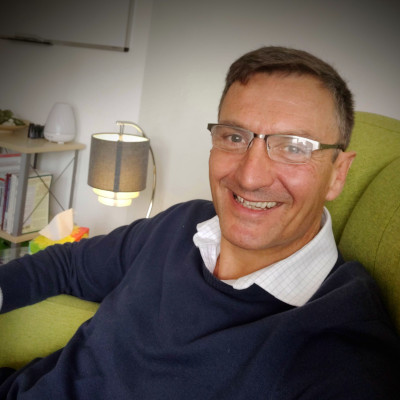What is UKESAD?
11th UK/European Symposium on Addictive Disorders –
the UK’s longest-established and largest abstinence-based rehabilitation event.
Each year for over a decade, 500-600+ alcohol and drug-recovery professionals attend UKESAD: training run by people in long-term recovery to support and enhance the work of people whose job it is to guide patients with addictive disorders into recovery – in line with Drug Strategy 2010’s goal of drug-free lives.
Read the 32-page programme for 5, 6, 7 May 2014!
I love UKESAD in May for my annual infusion of recovery treatment energy. Meeting the presenters, sharing and discussing the contents of a book with the author, these are the ways I find enlightening. New ideas, reinforcing old ideas, supervision and challenge for my past years performance from trusted professional. Interaction with experts in the field who are so generous with their time and wisdom.
I love UKESAD for my personal development as a Family Interventionist. The praise and criticism I receive from fellow professional Interventionists, counsellors, psychiatrists, therapists is invaluable as I look to better my self for the benefit of our clients. New skill and techniques presented in a way I can understand and use them. Very good.
I love UKESAD for the treatment providers, rehabs, detox centres who go to so much trouble to attend. Interventions today are a process, not an event. We need relationships with admission teams, therapists and psychiatrists at the point of residential care. I love meeting the people, learning about the treatment providers abilities and also the limitations each facility. It allows me to know who is Intervention friendly, has a multi disciplinary team that can work with outside agencies in a planned care management process.
I love UKESAD for the coffee cup conversation that happen so spontaneously, yet have so much opportunity. The informal sharing of ideas and dreams, problems and solutions, needs and wants. I find it so much easier to present RedChair services and to hear the pitch from treatment providers in an informal loose setting.
I think I will still love UKESAD this year after our presentation on Wednesday afternoon! Not sure I am enjoying the anxiety ahead of it. I do love UKESAD for pushing me to develop my networking skills. I find presenting to a group of clients the most comfortable experience in the world. Presenting to fellow professionals is a killer. Always feel I will be found out, that we are getting it wrong. The reality is that we know have 5 years solid experience in providing Family and workplace interventions all over the UK , Europe and other parts of the world. We know our stuff. So hope that our experience will help others improve.
I am grateful to UKESAD for the opportunity to grow professionally. I am now a fully certified Intervention professional with ethics, supervision, experience, insurance and a good reputation. 
 I am grateful to UKESAD for the process that led me to being invited to join the board of the Association of Intervention Specialists as a board member at large.
I am grateful to UKESAD for the process that led me to being invited to join the board of the Association of Intervention Specialists as a board member at large.
I love UKESAD for the connectivity and opportunity to reflect on RedChair. How are we doing? What are we doing right? What can we do better? What should we not be doing? At UKESAD I am able to discuss openly what we are doing, have done, and want to do. The feedback, advice and guidance is second to none, freely given and with no strings attached. Us Brits tend to be a bit more more hesitant and territorial with our information, but the American Cousins encourage us to do better than themselves. The generosity of good will is overwhelming.
I love UKESAD for all of the above due to the fact that small business operations like ours can easily be isolated and lonely. That is a fine breeding ground for poor performance and low ambition. The networking is an annual top up that is badly needed. I encourage all lone practitioners, small business owners to come to UKESAD, that you may make your working world bigger. Many of us are in competition to each other commercially, but still support each other throughout the year with advice, guidance and feedback.
More is better at UKESAD. I do hope that individuals and organisations will make the trip to London and I hope to meet as many of you as possible. A personal request is for Treatment centres to bring the admission teams to UKESAD. Do not forget that they are the first people to talk to clients who happen to be at their most difficult time. Interventionist need to have great relationships with the admission teams.
We will be discussing this on Wednesday afternoon.
Bill Stevens
07789480286







